January 2, 2025 •
FEC Adjusts Penalty Amounts for Inflation
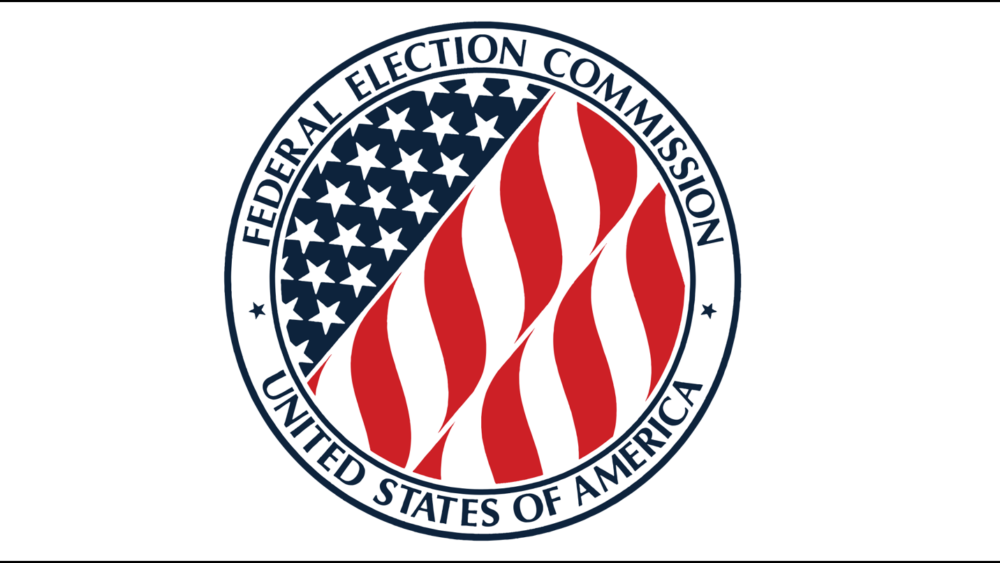
On January 3, 2025, the U.S. Federal Register is scheduled to publish the Federal Election Commission’s announcement of its civil monetary penalty amounts, adjusted for inflation, for 2025. The potential fines for civil violations of federal campaign finance laws will increase […]
On January 3, 2025, the U.S. Federal Register is scheduled to publish the Federal Election Commission’s announcement of its civil monetary penalty amounts, adjusted for inflation, for 2025.
The potential fines for civil violations of federal campaign finance laws will increase to range from $ 7,445 to $87,056, from the previous range of $ 7,256 to $ 84,852.
The amounts are calculated through a statutory formula applying the most recent “cost-of-living adjustment multiplier,” issued by the Office of Management and Budget, to the current amounts.
The amended civil monetary penalties are expected to take effect as of January 3, 2025, the publication date in the Federal Register.
January 2, 2025 •
U.S. DOJ Proposes Changes to FARA Regulations
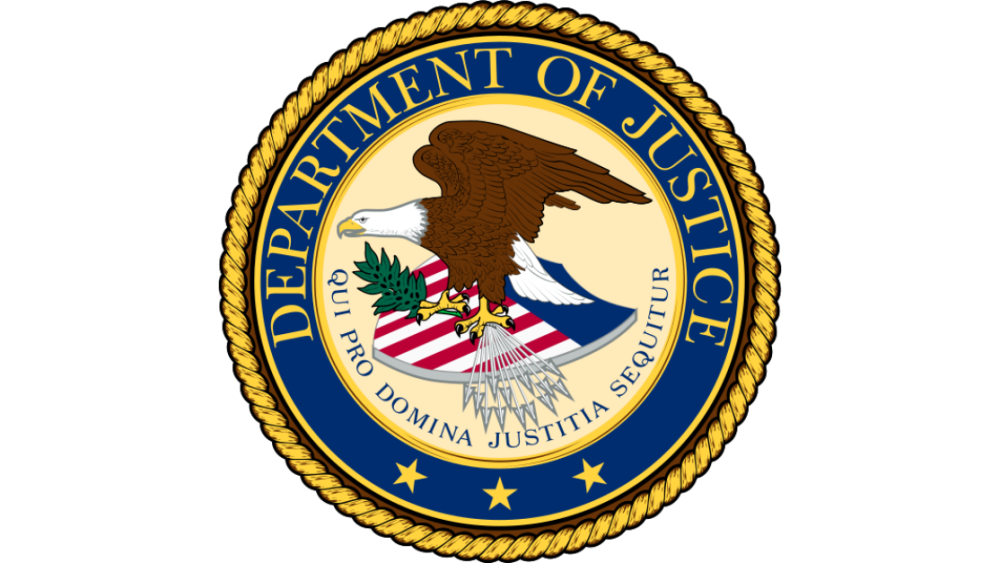
On January 2, the U.S. Federal Register published proposals from the Department of Justice (DOJ) to amend regulations related to the Foreign Agents Registration Act (FARA). FARA requires the registration and reporting with the DOJ of persons acting within the […]
On January 2, the U.S. Federal Register published proposals from the Department of Justice (DOJ) to amend regulations related to the Foreign Agents Registration Act (FARA). FARA requires the registration and reporting with the DOJ of persons acting within the U.S. as agents of foreign principals. The law also requires foreign agents to label the informational materials they distribute.
The DOJ is proposing new regulations regarding exemptions to FARA’s registration requirement, the filing and labeling of informational materials, and other issues to ensure the regulations keep pace with technological changes.
FARA has eight exemptions allowing a person engaging in otherwise covered activities for or in the interests of a foreign principal to be exempt from registration if certain criteria are met. The DOJ proposes changes when addressing exemptions for bona fide trade and commerce activities and activities not predominantly serving a foreign interest. They also want changes for the exemption of activities by attorneys in connection with certain proceedings, investigations, and inquiries.
The DOJ proposes defining informational materials by regulation as any material that the person disseminating it believes or has reason to believe will, or which the person intends to in any way, influence any agency or official of the U.S. government or any section of the public within the U.S., with reference to formulating, adopting, or changing the domestic or foreign policies of the U.S. or with reference to the political or public interests, policies, or relations of a government of a foreign country or a foreign political party. They additionally propose significant changes relating to how informational materials must be labeled, including conspicuous statements with the name of the country or territory where the foreign principal is located.
The department is also proposing a series of technological provisions including how registration statements are filed, how registration fees are paid, the limited need for in-person public examination of registration statements when they are available online, the DOJ’s need for an agent’s business email address to expedite communications with the agent, and updates to the advisory opinion request procedure.
Public comments on the proposed rule changes will be considered until March 3, 2025.
December 26, 2024 •
GAO Publishes Report on Public Financing Programs
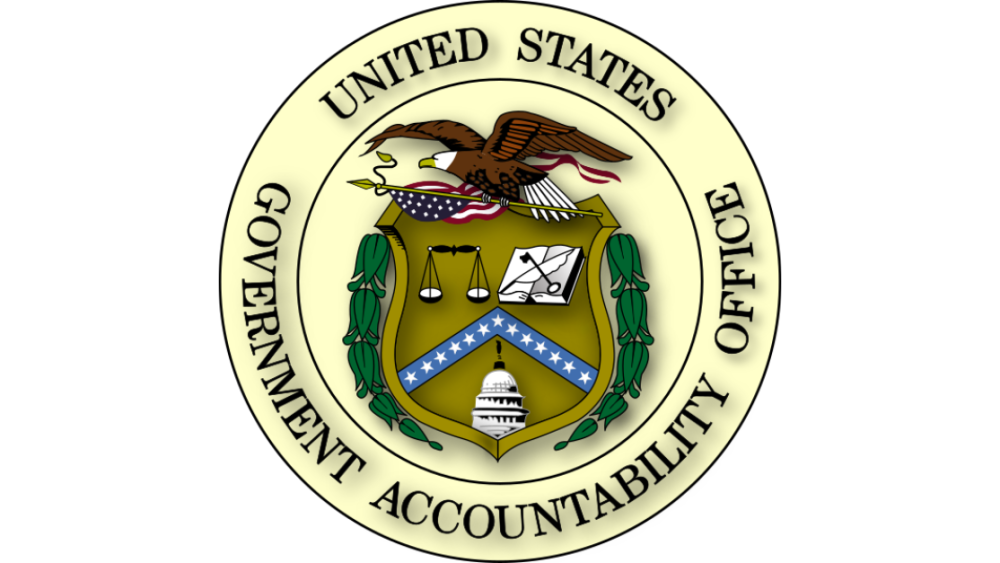
On December 19, the U.S. Government Accountability Office (GAO) published a report on public financing programs in selected states and localities. The report, required by the 2023 federal appropriations bill, attempts to describe several key characteristics of public campaign financing […]
On December 19, the U.S. Government Accountability Office (GAO) published a report on public financing programs in selected states and localities.
The report, required by the 2023 federal appropriations bill, attempts to describe several key characteristics of public campaign financing programs in selected states and localities, such as grant funding, matching funds plans, voucher programs, and qualification and participation requirements.
The GAO also interviewed officials from nine programs to obtain perspectives on candidate participation and reasons for and for not participating in the programs.
Additionally, the report looks at the various legal frameworks of the programs and how observations of campaign financing programs in other states and localities influenced aspects of the respondents’ own program structures.
According to the report, which is relying on a 2024 Brennan Center for Justice report, 14 states and 26 localities offer programs through which candidates running for state or local offices can use public funds to finance their campaigns.
December 19, 2024 •
FEC Seeks Public Comments on Proposed Rule to Modify or Redact Contributor Information

On December 19, the Federal Election Commission (FEC) published a Notice of Proposed Rulemaking in the Federal Register seeking public comment on proposed regulations giving political contributors more privacy from public scrutiny. The proposals would establish procedures for contributors or […]
On December 19, the Federal Election Commission (FEC) published a Notice of Proposed Rulemaking in the Federal Register seeking public comment on proposed regulations giving political contributors more privacy from public scrutiny.
The proposals would establish procedures for contributors or their agents to request the FEC to modify or redact, in whole or in part, certain contributor information from disclosure reports or statements filed with the agency.
Examples of information to be removed include mailing addresses, donors’ occupation and names of employment.
The procedures would apply only in certain limited circumstances when there is a reasonable probability the contributor may face threats, harassment, or reprisal.
Comments must be received on or before February 18, 2025. All comments will be made available to the public. Comments sent using the FEC’s online form or through e-mail will be posted to the FEC’s website. Comments sent via paper will be converted to PDF and then posted on the FEC’s website.
December 13, 2024 •
Ellen L. Weintraub Elected Chair of FEC

On December 12, the Federal Election Commission (FEC) elected Vice Chair Ellen L. Weintraub as chair for 2025. Weintraub will replace current Chairman Sean J. Cooksey. The chair is a rotating, one-year position. Also, Commissioner James E. “Trey” Trainor, III […]
On December 12, the Federal Election Commission (FEC) elected Vice Chair Ellen L. Weintraub as chair for 2025.
Weintraub will replace current Chairman Sean J. Cooksey. The chair is a rotating, one-year position.
Also, Commissioner James E. “Trey” Trainor, III was elected to the position of vice chair.
Vice Chair Weintraub has served on the FEC since 2002.
December 12, 2024 •
Lobbyisme Québec Will Continue Monitoring Lobbying Activities in the AI Sector
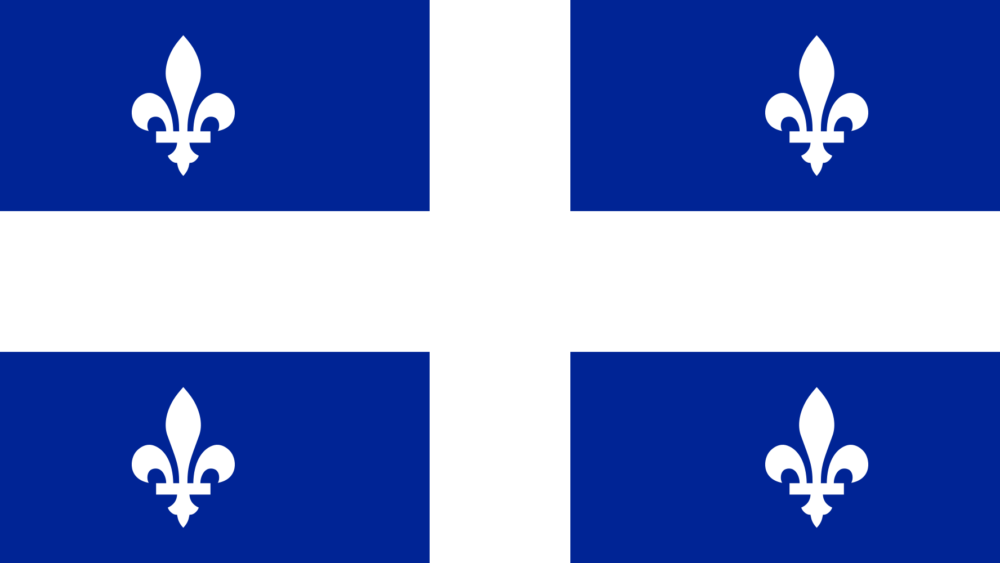
In 2025, Lobbyisme Québec, which conducts the daily monitoring, verification, and investigation activities concerning lobbyist in the province, will continue to specifically monitor companies and organizations involved in the artificial intelligence (AI) sector in order for them to be made […]
In 2025, Lobbyisme Québec, which conducts the daily monitoring, verification, and investigation activities concerning lobbyist in the province, will continue to specifically monitor companies and organizations involved in the artificial intelligence (AI) sector in order for them to be made aware of their lobbying obligations.
Examples given by Lobbyisme Québec of lobbying activities in the AI sector include when a professional group is asking the government to provide clear guidelines to govern the use of AI in the financial and banking sectors; when a corporate lobbyist contacts a municipality to obtain a contract for document management using AI; and when a representative of an engineering consulting firm is approaching the Ministry of Economy, Innovation and Energy regarding the allocation of a grant to develop an AI system.
Every two years Lobbyisme Québec identifies a target group that will be subject to specific monitoring activities.
Previous spotlights of this type of monitoring included, for 2023 to 2024, the privatization of health care; for 2020 to 2021, issues of cybersecurity; and for 2018 through 2020, issues concerning cannabis and cryptocurrency.
The current focus, which was influenced by the province’s plan to deal with AI called Strategy for the Integration of Artificial Intelligence in Public Administration 2021-2026, will continue into 2026.
December 10, 2024 •
FEC to Consider Draft Legislative Recommendations

At the upcoming open meeting of the Federal Election Commission (FEC) on December 12, commissioners will consider a number of draft legislative recommendations concerning several issues, including expanding the prohibition of political contributions from foreign nationals. Among the 17 different […]
At the upcoming open meeting of the Federal Election Commission (FEC) on December 12, commissioners will consider a number of draft legislative recommendations concerning several issues, including expanding the prohibition of political contributions from foreign nationals.
Among the 17 different draft recommendations the FEC is considering, one includes asking Congress to revise the Federal Election Campaign Act (FECA) to prohibit knowingly helping or assisting a foreign national in violating existing prohibitions on contributions.
Additionally, the FEC will consider draft recommendations to further prohibit foreign nationals from involvement with state and local ballot initiatives, referenda, and any recall elections that are not already included in the other prohibitions.
Another legislative recommendation includes amending FECA’s disclosure requirements by requiring the FEC to protect from public disclosure the street names and street numbers of individual contributors.
Political committees and other filers would report full mailing address information confidentially to the FEC, but individuals’ street names and street numbers would not be made available to the public.
The FEC would continue to publicly disclose each contributor’s name, city, state, zip code, occupation, and employer.
Still another legislative recommendation would be asking Congress to expand the types of campaign finance reports required to be filed electronically, rather than on paper, to include electioneering communication reports, inaugural committee reports and reports of communication costs.
If the Commission approves the legislative recommendations, it will prepare transmittal letters to the President and Congress for the chairman’s signature.
December 2, 2024 •
FEC OIG Semiannual Report to Congress Released

On November 25, the Federal Election Commission (FEC) Office of the Inspector General (OIG) released its Semiannual Report to Congress. The report summarizes the activity of the FEC OIG from April 1, 2024, through September 30, 2024. In the report, […]
On November 25, the Federal Election Commission (FEC) Office of the Inspector General (OIG) released its Semiannual Report to Congress.
The report summarizes the activity of the FEC OIG from April 1, 2024, through September 30, 2024.
In the report, the OIG discussed the audit of FEC’s Equal Employment Opportunity & Diversity, Equity, Inclusion, and Accessibility programs; its audit of the FEC’s Security Patches and Vulnerability Management program, and the postponement of an evaluation of the FEC’s Internal Control and Enterprise Risk Management programs.
Additionally, the OIG evaluated the 18 open recommendations stemming from inspections, investigations, special reviews, and previous or other audits.
November 26, 2024 •
FEC Seeks Comments on Untraceable Electronic Payment Methods

The Federal Election Commission (FEC) is seeking public comments concerning federal political contributions made through untraceable electronic payment methods. On November 26, 2024, the FEC published a notification of availability in the Federal Register requesting public input on a petition […]
The Federal Election Commission (FEC) is seeking public comments concerning federal political contributions made through untraceable electronic payment methods.
On November 26, 2024, the FEC published a notification of availability in the Federal Register requesting public input on a petition for rulemaking submitted by Ken Paxton, Attorney General of Texas.
The petition requests an amendment to 11 CFR §104.14(b)(5) to require records for contributions made by credit, debit, prepaid, or gift cards include documentation confirming a cross-check occurred between the contributor’s self-reported identifying information with the card issuing institution’s own information on the name and billing address of the cardholder.
The petition also requests an amendment to 11 CFR §104.14(e) to prohibit contributions from being accepted from prepaid or gift cards unless the information from those prepaid or gift cards can be cross-checked with the card issuing institution to confirm the name and billing address.
Public comments will be accepted by the FEC at https://www.fec.gov/legal-resources/regulations/pending-rulemaking-matters-comment/ until January 27, 2025.
November 25, 2024 •
By-Election for Lethbridge-West, Alberta to be Held on December 18
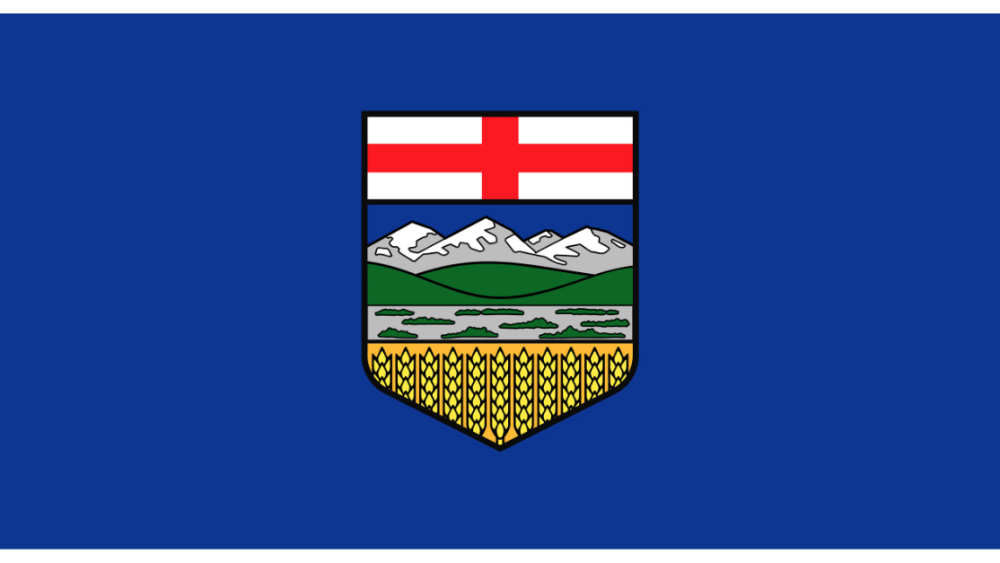
Flag of Alberta
On December 18, a by-election will be held for the Lethbridge-West seat to the Legislative Assembly of Alberta. The seat became vacant in July following the resignation of Shannon Phillips, who began employment at the University of Lethbridge’s Department of […]
On December 18, a by-election will be held for the Lethbridge-West seat to the Legislative Assembly of Alberta.
The seat became vacant in July following the resignation of Shannon Phillips, who began employment at the University of Lethbridge’s Department of Political.
On November 20, Alberta’s Chief Electoral Officer, Gordon McClure, had confirmed a writ was issued to administer a by-election in Electoral Division 72, which is known as Lethbridge-West.
While unofficial results will be available after voting closes on election day, the official results will not be announced until December 28.
November 21, 2024 •
Election Law Proposals Submitted to Quebec’s Legislature

On November 21, Quebec’s Chief Electoral Officer Jean-François Blanchet submitted to the province’s National Assembly a report of recommendations containing 30 proposals for improvements to the Election Act. The stated goal of the report, entitled “For a New Vision of […]
On November 21, Quebec’s Chief Electoral Officer Jean-François Blanchet submitted to the province’s National Assembly a report of recommendations containing 30 proposals for improvements to the Election Act.
The stated goal of the report, entitled “For a New Vision of the Election Law,” is to strengthen the province’s election law’s fundamental principles: transparency, fairness, and integrity.
Notably, the report recommends fixed by-elections dates.
Among the other recommendations of Elections Quebec are requiring political parties to account for their pre-election expenses, extending this reporting requirement to any organization or person not acting on behalf of a candidate or a party, and banning government advertising and announcements as an election is approached.
The report contends the current guidelines limiting government communications in the run-up to an election need clarification to ensure more fairness between political parties from one election to the next.
Additionally, the report proposes requiring digital platforms to keep a register of the paid election and political ads they broadcast, similar to requirements in effect during federal elections.
November 15, 2024 •
U.S. Senate Confirms David Huitema as Director of O.G.E.
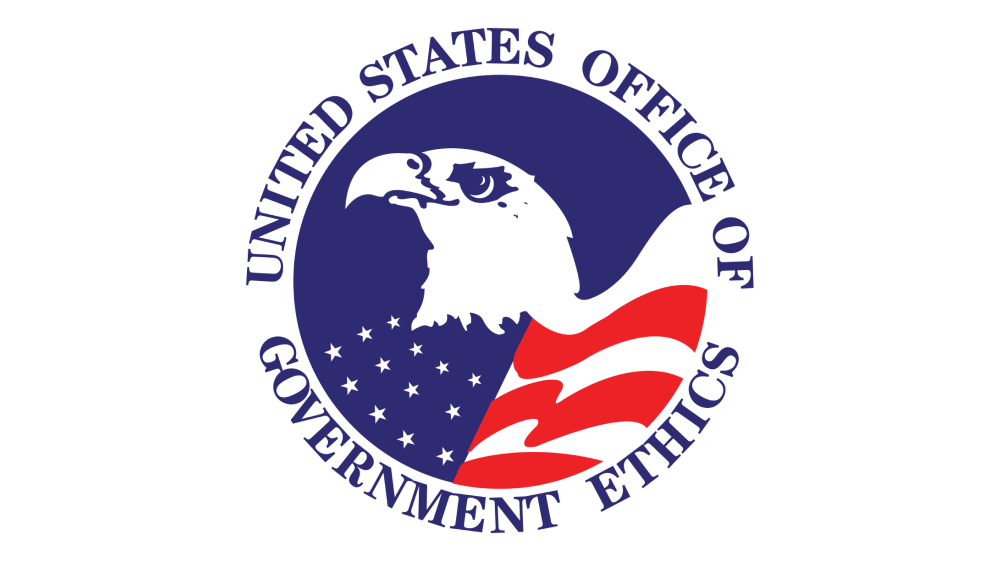
USOGE
On November 14, the U.S. Senate voted to confirm David Huitema as Director of the U.S. Office of Government Ethics (O.G.E.). By a vote of 50-46, the Huitema appointment to O.G.E., which oversees the executive branch ethics program in more […]
On November 14, the U.S. Senate voted to confirm David Huitema as Director of the U.S. Office of Government Ethics (O.G.E.).
By a vote of 50-46, the Huitema appointment to O.G.E., which oversees the executive branch ethics program in more than 140 agencies, is for a five-year term.
A director serves at the will of the president and could be removed by President-elect Trump upon taking office.
Huitema will replace Acting Director Shelley K. Finlayson, who took the position when the term of the previous director, Emory Rounds, expired in July of last year.
November 11, 2024 •
December 16 Canadian Federal By-election For Cloverdale–Langley City (British Columbia)

Flag of Canada
On December 16, a federal by-election will be held for the seat in the House of Commons representing Cloverdale–Langley City in the province of British Columbia. On June 3 , the Chief Electoral Officer of Canada, Stéphane Perrault, had received […]
On December 16, a federal by-election will be held for the seat in the House of Commons representing Cloverdale–Langley City in the province of British Columbia.
On June 3 , the Chief Electoral Officer of Canada, Stéphane Perrault, had received official notice from the Speaker of the House of Commons that the seat for Cloverdale–Langley City (British Columbia) became vacant following the resignation of John Aldag.
Aldag resigned on May 27 in order to run in a provincial election in British Columbia, which he subsequently lost.
The date for the election was not announced until November 10, which signaled the start of the by-election period.
November 6, 2024 •
Six Seats for District of Columbia City Council Filled
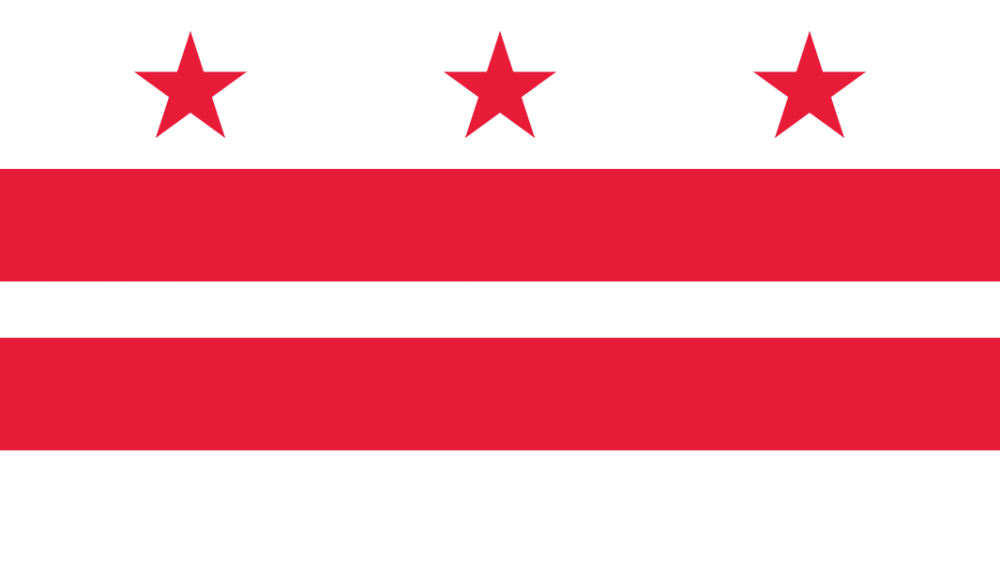
Flag of Washington, D.C.
On November 5, six of the ward seats for the Council of the District of Columbia City were up for election. Incumbent Brooke Pinto won re-election for Washington D.C. City Council Ward 2. Meanwhile, Janeese Lewis George won reelection to […]
On November 5, six of the ward seats for the Council of the District of Columbia City were up for election.
Incumbent Brooke Pinto won re-election for Washington D.C. City Council Ward 2.
Meanwhile, Janeese Lewis George won reelection to her seat unchallenged for the City Council Ward 4 seat.
Wendell Felder won the Ward 7 current held by outgoing incumbent Vincent Gray, who endorsed Felder in the Democratic Party primary against nine other candidates.
Trayon White, currently a member of council representing Ward 8, also won reelection.
Additionally, the two at-large seats were won by Robert White and Christina Henderson.
State and Federal Communications, Inc. provides research and consulting services for government relations professionals on lobbying laws, procurement lobbying laws, political contribution laws in the United States and Canada. Learn more by visiting stateandfed.com.


